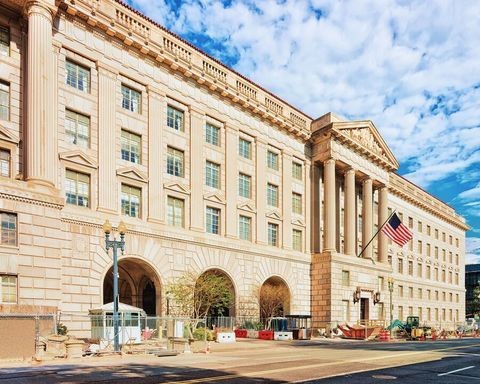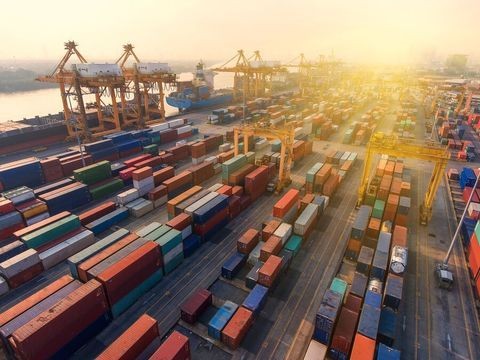Export Controls
Overview
Export controls and sanctions regulations present significant challenges and potential compliance risks for global companies. The U.S. government regulates transfers of goods, technology, software, and other products and services to foreign destinations as well as to foreign persons within the United States and abroad. These controls are far reaching, extending to direct transfers of goods, technology, software, and services from the United States, "reexports" of certain U.S.-origin items and technology from one foreign country to another, and reexports of certain foreign-manufactured items containing U.S. content. They also apply to transfers of technology to foreign persons within the United States and U.S. persons working for foreign companies. Other governments have their own export control and sanction regulatory regimes, creating complex compliance obligations with practical and commercial implications for businesses, including problems with inventory management and shipping delays.
Contacts
Insights
Client Alert | 8 min read | 10.01.25
Client Alert | 6 min read | 09.11.25
U.S. Department of Commerce Partially Relaxes Export Controls on Syria
Firm News | 3 min read | 06.30.25
Former Microsoft Assistant General Counsel Scott Wise Joins Crowell & Moring
Insights
- |
06.15.23
Government Contracting Law Report
The Impact of the Crisis in Ukraine on the Effort to Reform U.S. Space Controls
|08.01.14
World ECR, Issue 33
Trade Consultant Fears Australian Industry 'Not Ready' for AUKUS Exemptions
|05.15.24
Export Compliance Daily
Companies Should Assess Exposure To Potential Russia-Style Controls Against China, Lawyer Says
|06.22.22
Export Compliance Daily
Anti-Money Laundering & Financial Crimes Conference 2023
|05.22.23 - 05.23.23
American Conference Institute's 10th Advanced Forum on Import Compliance & Enforcement
|01.21.16 - 01.22.16
Red Flags: Navigating the Hurricane (2024 Corporate Counsel Section CLE)
|02.02.24
"Sanctions and Export Controls: Ensuring Compliance," One Trust Webinar, 2023.
|06.29.23
An ITAR-ly Critical Reminder of Cybersecurity Requirements: DOJ Settles with Swiss Automation, Inc.
|12.29.25
Crowell & Moring’s Government Contracts Legal Forum
U.S. Department of Commerce Imposes New Expansive Export Controls on Russia and Belarus
|02.27.23
Crowell & Moring’s International Trade Law
Sanctions/Export Highlights [As of November 03, 2022]
|11.07.22
Crowell & Moring’s International Trade Law
Sanctions/Export Highlights [As of October 24, 2022]
|10.24.22
Crowell & Moring’s International Trade Law
Aluminum from Xinjiang Could be at Risk of Being Tainted with Forced Labor, Per April 2022 Report
|08.09.22
Crowell & Moring’s International Trade Law
Insights
Client Alert | 8 min read | 10.01.25
Client Alert | 6 min read | 09.11.25
U.S. Department of Commerce Partially Relaxes Export Controls on Syria
Firm News | 3 min read | 06.30.25
Former Microsoft Assistant General Counsel Scott Wise Joins Crowell & Moring
















